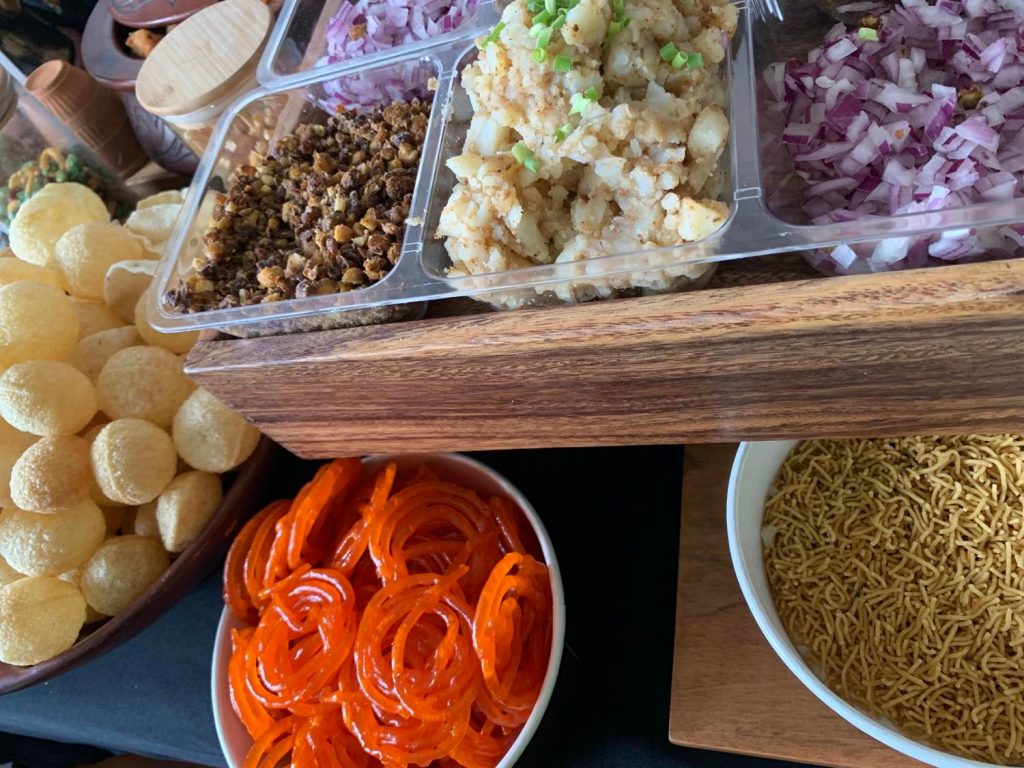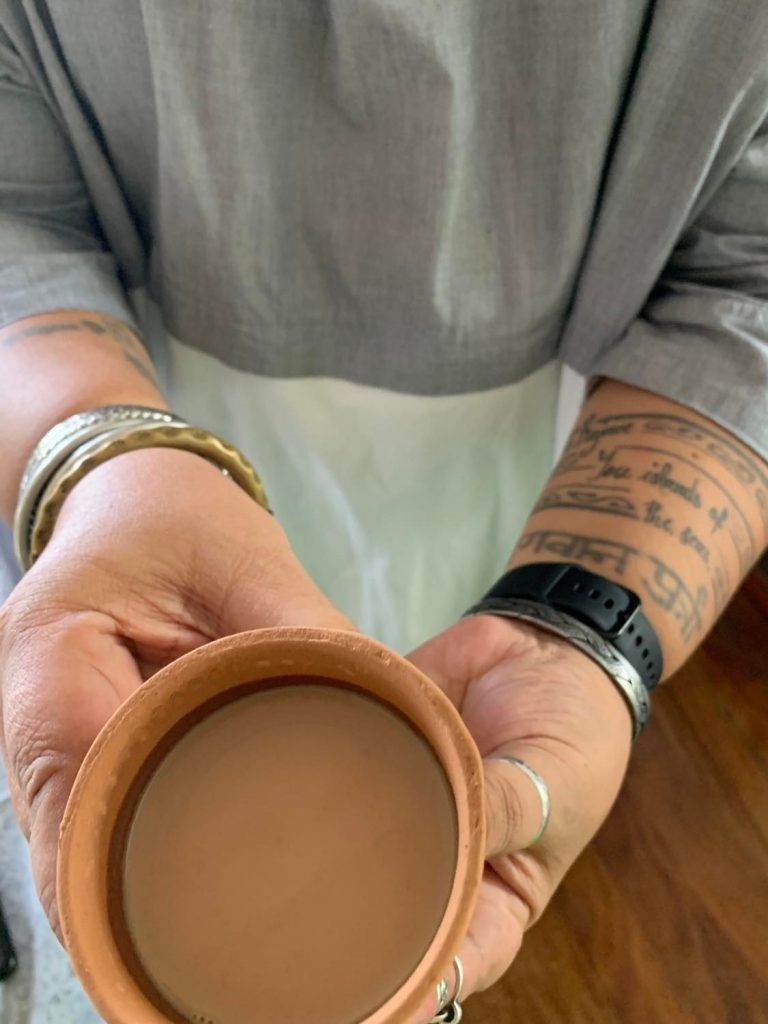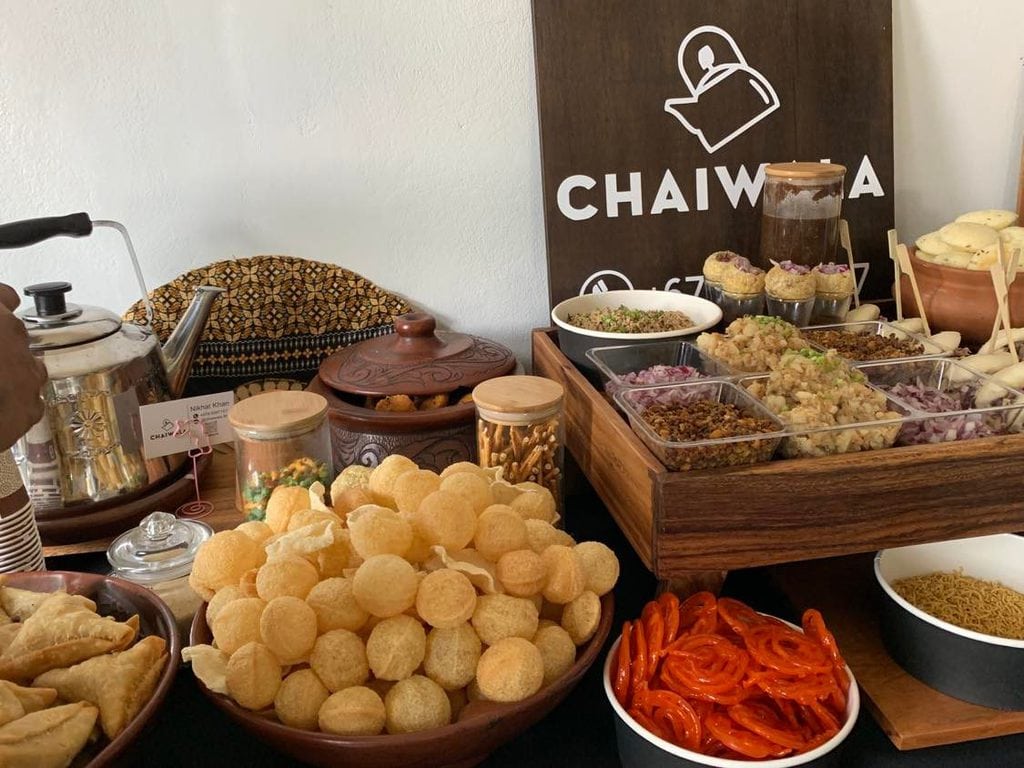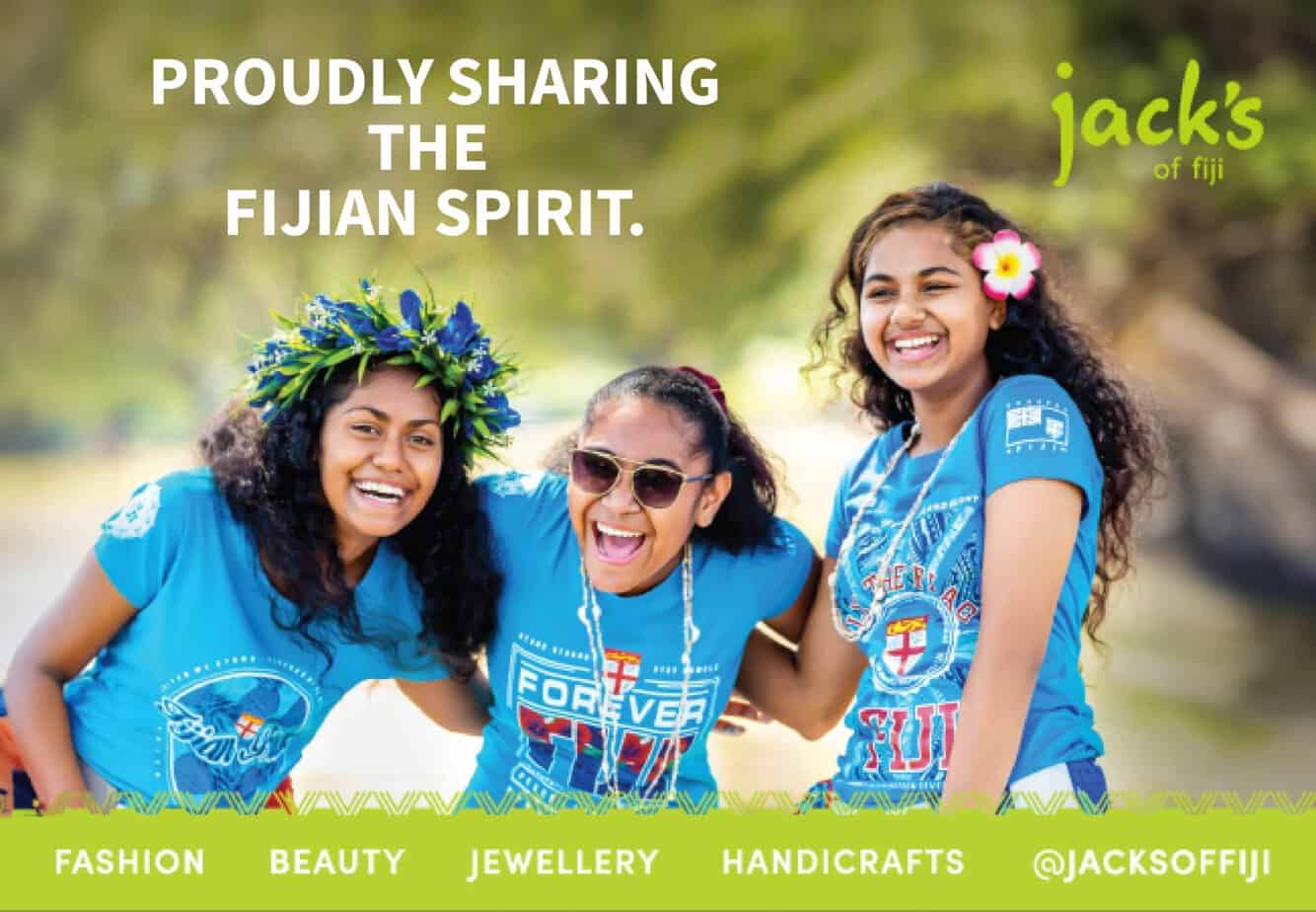By Rajan Sami
“I’ve always been obsessed with chai,” says Nikhat Khan, the twenty-six-year-old environmental scientist behind Chaiwala, the specialty tea brand she founded under lockdown in Suva in 2021.
“I think chai is very comforting,” she says of the often sweet milky, spiced tea that’s cooked in stovetop kettles in Indo-Fijian households.
Working from home for long stretches last year, Nikhat, a millennial, took the extra time she had on her hands to develop a digital-first contemporary chai brand.
To set herself apart from other tea brands sold primarily in supermarkets locally, she sourced a particular tea blend from Pakistan, known for its robustness of flavour and that pairs well with milk.
A friend cobbled together a logo resembling an aluminum tea kettle from yesteryear, the kind your nani would have used had she grown up on a farm.
Speaking of farms, Fijian chai has origins in early Indian agricultural settlement.
Womenfolk on Fiji’s cane farms would cook chai with fresh cow’s milk adding spices like cinnamon and cardamon brought over from the ‘motherland’ evoking both nostalgia and longing for home in a piyala.
Several generations later, you can find teabag masala chai on supermarket shelves. Chaiwala’s iteration takes chai online for the digital generation.
The fledgling brand’s first products out of the gate were gift boxes consisting of loose-leaf tea with cinnamon and cardamom, ceramic chai cups and home-baked cookies.
One by one, customers found her via Instagram and Facebook and to date, she has sent off Chaiwala packages as far as Ba and Labasa.
It wasn’t long before Nikhat was adding variations to her popular gift boxes, subbing the cookies with suji laddoo and pani puri.
The latter is a popular and moreish Indian street food that combines crispy, hollowed out puri with potato or chickpea curry and spicy tangy water and sweet chutney.
Biting into all those layers results in a burst of flavours.

An avid follower of online food channels, Lydia Whippy, a Suva-based make-up artist had seen pani puri on Indian street food shows but had never tried it in real life.
“A friend posted Chaiwala’s pani puri online and I ordered a batch,” she said
“And they were exactly how I imagined: crunchy, crispy and with the right amount of tangy water and potato curry. I had them all to myself,” she said laughing. Lydia ended up making a pani puri video for her online channels.
For Nikhat, the Chaiwala journey has been one of discovery, experimentation and learning. Along with mum and sister, who pitch in and help, she has tried her hand at making new things by watching countless videos online and perfecting them before offering them to her customers.
“I’ve never been to India but I’m obsessed with the idea of Indian street food,” she says, adding by way of explanation: “A chaiwala is someone who makes and serves tea on the street. Mum suggested the feminine chaiwali but chaiwala had a nicer ring to it.”
Her next idea came about once COVID-related restrictions had eased and people were slowly having others in their spaces again. She extended the Chaiwala brand by offering on-site graze tables and catering.

Pacific Island feminist Sharon Bhagwan-Rolls recently booked Chaiwala for her grandson’s first birthday.
An avid chai lover who regularly posts a ‘Chats Over Chai’ series that document her weekly catch ups with friends on Instagram, Sharon discovered the brand while looking for locally made Christmas presents on the platform.
“I love chai and I was intrigued by what they were doing,” she said.
For the event, Chaiwala set up an Insta-friendly graze station with freshly brewed chai, homemade biryani, and pani puri— all of which got Sharon’s son-in-law’s seal of approval. He is from the sub-continent.
“It’s a really lovely example of women collaborating in their home,” says Sharon, adding: “Everyone loves their chai.” Nikhat’s mum and sister pitch in when there are large orders.
The budding entrepreneur has recently relocated to Nadi for work along with her growing collection of aluminum tea kettles in different sizes. Her mum teases that she is turning into an old lady.
Luckily, the brand, which she is building slowly in her free time, travels with her.
One of the benefits of being a digital brand is that her business and customers aren’t tied to a single location within Fiji.
While she was based in Suva, she received and took on catering requests from customers out West.
Not having a physical bricks-and-mortar location was not a problem.
Up next? A pop-up Chaiwala food cart to bring chai and Indian street food to even more people.
Instagram chaiwala.fiji
Facebook Chaiwala Fiji



